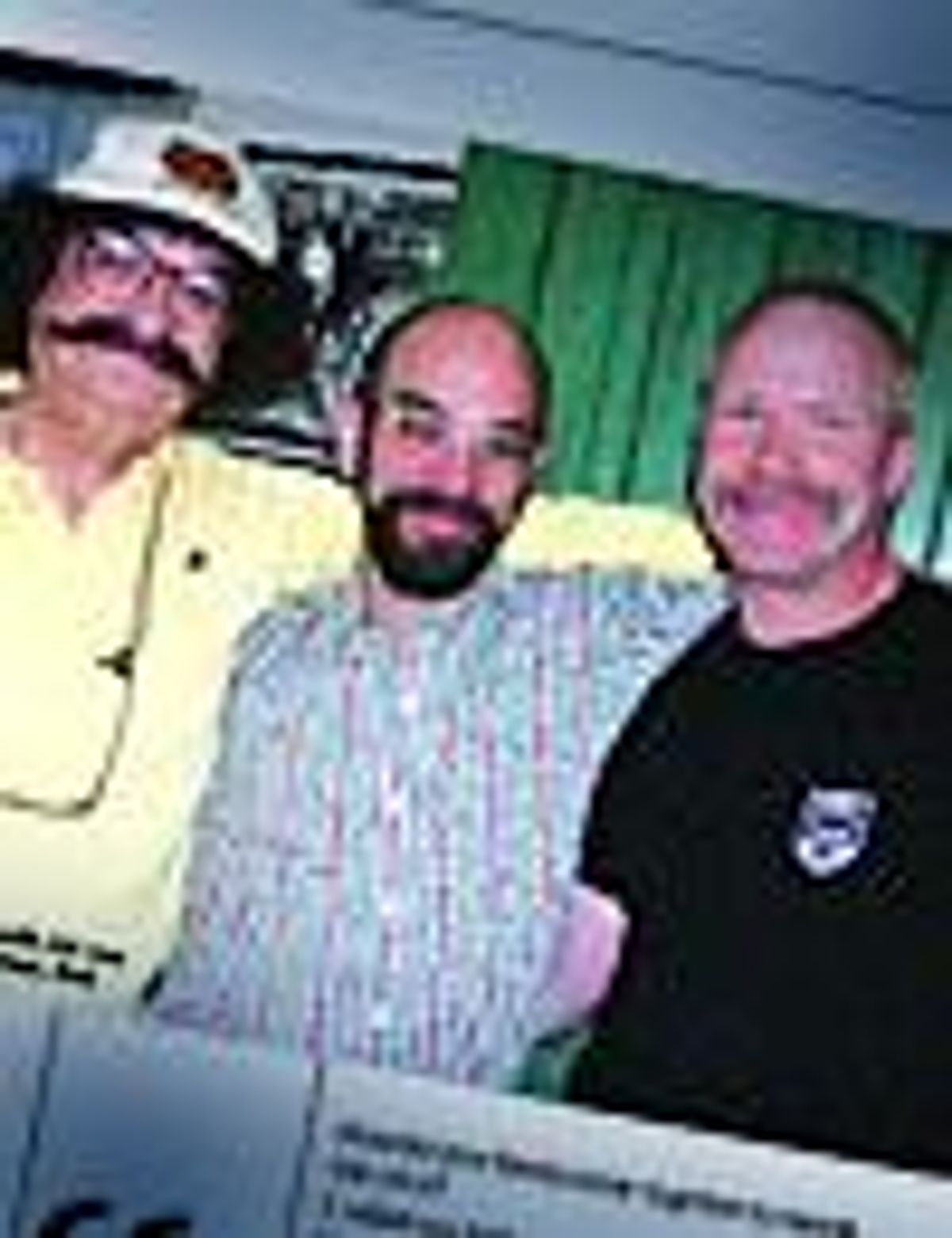You don't often see the Today show, so when
did you see the review?
Somebody e-mailed me the GLAAD alert, and I went to the
[GLAAD] site and saw the review on the Web. I think
probably a lot more people saw it there than on TV.
What did you think?
I was sorry that he didn't like the movie. I
completely disagreed, and I didn't like some of
the words he used; I thought it was extreme. But
that's like him, to just say what he feels. I loved
Brokeback Mountain--it was an
amazing, almost painfully emotional experience. I went
with my partner and we cried; we couldn't stop
crying. When we left the theater, we were still
crying. When I saw my father's review--he
obviously did not connect at all with it emotionally.
I've talked to him about it, and I can
understand [his point of view]. He didn't like the
character of Jack. But you can't argue with somebody
about their reaction to a work of art.
What did you think of the GLAAD alert?
They were describing someone who wasn't my dad.
If you look at the review knowing [my dad], you can
see that it's not homophobia, he just
didn't like the movie. You can pan a movie and
criticize a character that belongs to a certain group
without being prejudiced against that group. But I
think that as gay people, when people are critical,
we're used to it coming from people that are
homophobic.
How did your family come together to handle the crisis?
I called my father, and he was not aware of [the
protest]. My first reaction was, "You should
just call these people and tell them you're not
homophobic. Do whatever you need to do to make it
right." Part of [GLAAD's] frustration
was that by his and NBC's not commenting, it seemed
like they were stonewalling. You need to have communication
so people know that we're on the same side.
[Then my siblings and I] talked about it a lot, and we
decided it would be better to do it in writing. [We all
agreed that the phrase] "sexual predator" was
unfortunate, and that was what he focused on and the
thing that he ended up writing [in his statement of
clarification].
Did you help your father craft his statement?
Yes, I did. We were up late that night. He
doesn't do e-mail--he does fax. [But] I
really wanted to be part of that, because I really wanted to
make sure he expressed himself in a way that people would
understand. And it didn't take much--I
just had to help him understand what it was that
people were upset about and why. He got it.
Is it possible that even though your father loves you,
his review reflects his deep-seated disgust with
gay sex?
I don't know. What does any straight person think
of gay sex?


















































































Fans thirsting over Chris Colfer's sexy new muscles for Coachella